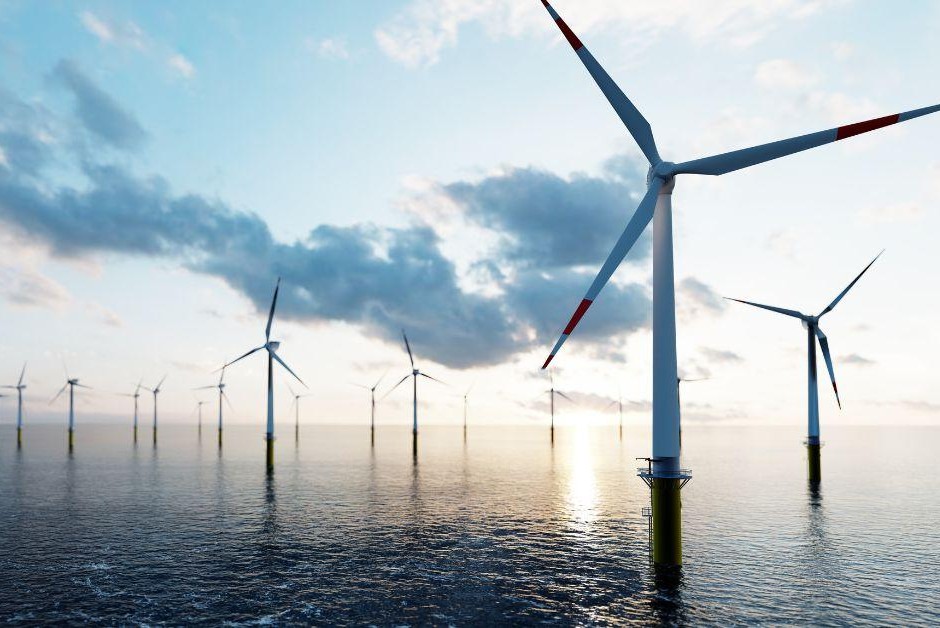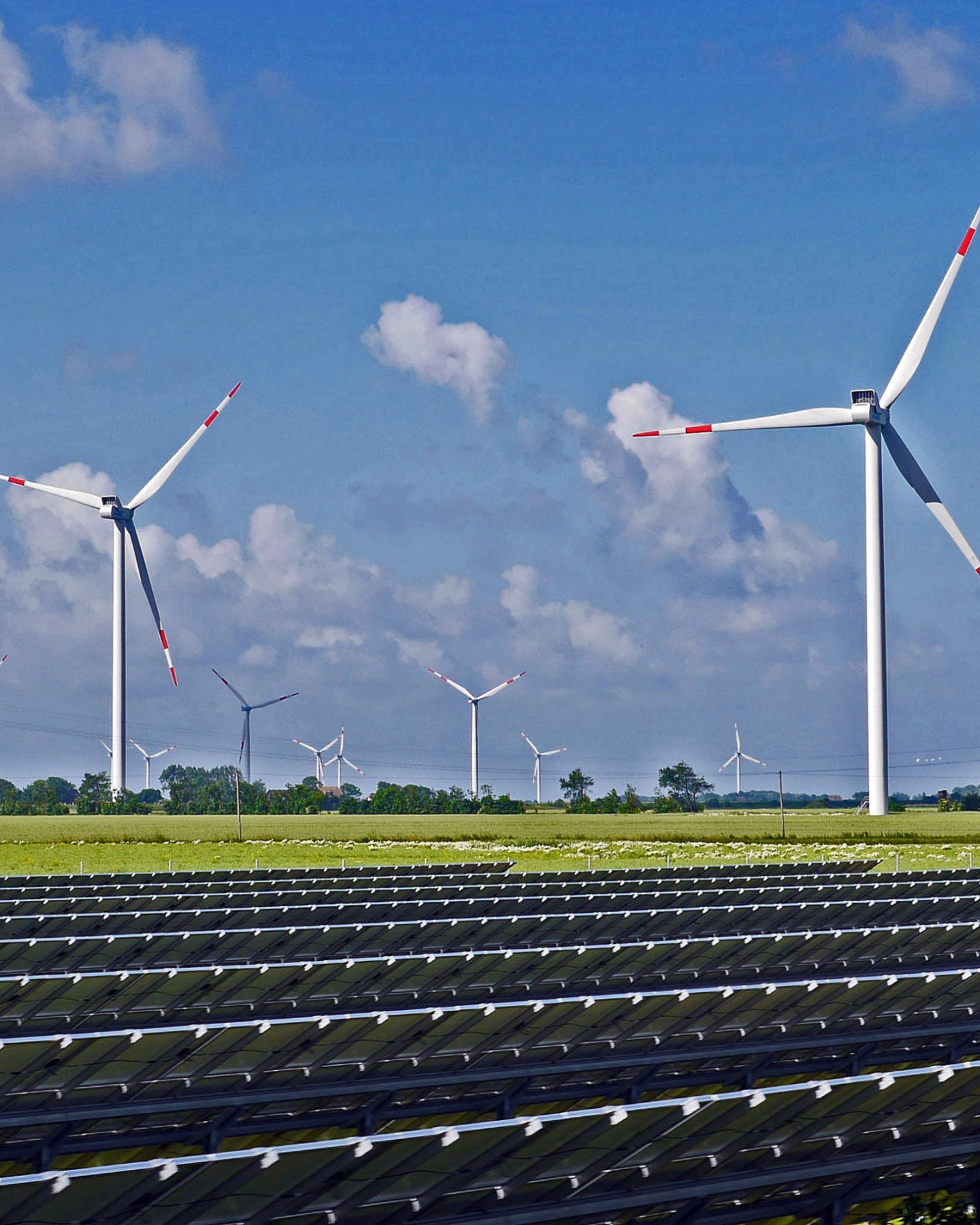
$2.7 Trillion Annual Investment Required for 1.5°C Climate Goal
A recent report from the consultancy firm Wood Mackenzie emphasises the necessity of a substantial global investment amounting to $2.7 trillion annually to achieve the critical goal of net zero emissions by 2050. This ambitious endeavour is aimed at averting a temperature increase beyond 1.5 degrees Celsius throughout this century, as advocated by climate scientists. Maintaining this temperature threshold is crucial to prevent catastrophic consequences of climate change. Numerous governments worldwide have committed to reducing their emissions to net zero by mid-century in a concerted effort to attain this objective.
The report underscores that most countries are currently falling behind in their efforts to meet even their emissions targets by 2030, let alone the more ambitious 2050 goal. The concept of "net zero" entails minimising emissions as close to zero as possible and compensating for any remaining emissions by reabsorbing them from the atmosphere through means such as ocean and forest carbon sinks.
It is alarming to note that the existing emissions reduction commitments made by governments, as per the report, will likely be insufficient to prevent global temperatures from surpassing the 1.5-degree Celsius mark. Instead, these pledges could lead the world towards a worrisome 2.5-degree Celsius temperature increase by 2050, as cautioned by the United Nations.
Wood Mackenzie's assessment indicates that a staggering annual investment of $1.9 trillion is indispensable to decarbonise the energy sector. To effectively curb global warming and limit it to 1.5 degrees Celsius, this investment must escalate by 150%, reaching an annual total of $2.7 trillion. Three-quarters of this substantial investment are earmarked for the power and infrastructure sectors, emphasising the magnitude of the challenge.
Simon Flowers, Chairman and Chief Analyst at Wood Mackenzie, acknowledges the formidable nature of this task, stating, "Achieving 1.5C is going to be extremely challenging, but it is possible and greatly depends on actions taken this decade." The report underscores that renewables, such as wind and solar power, must become the primary sources of global energy supply. This shift is essential to support the electrification of transportation and the production of green hydrogen, both pivotal components in the battle against climate change.









